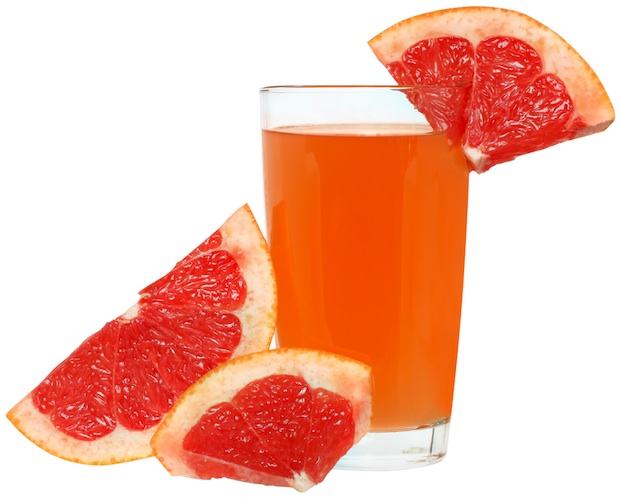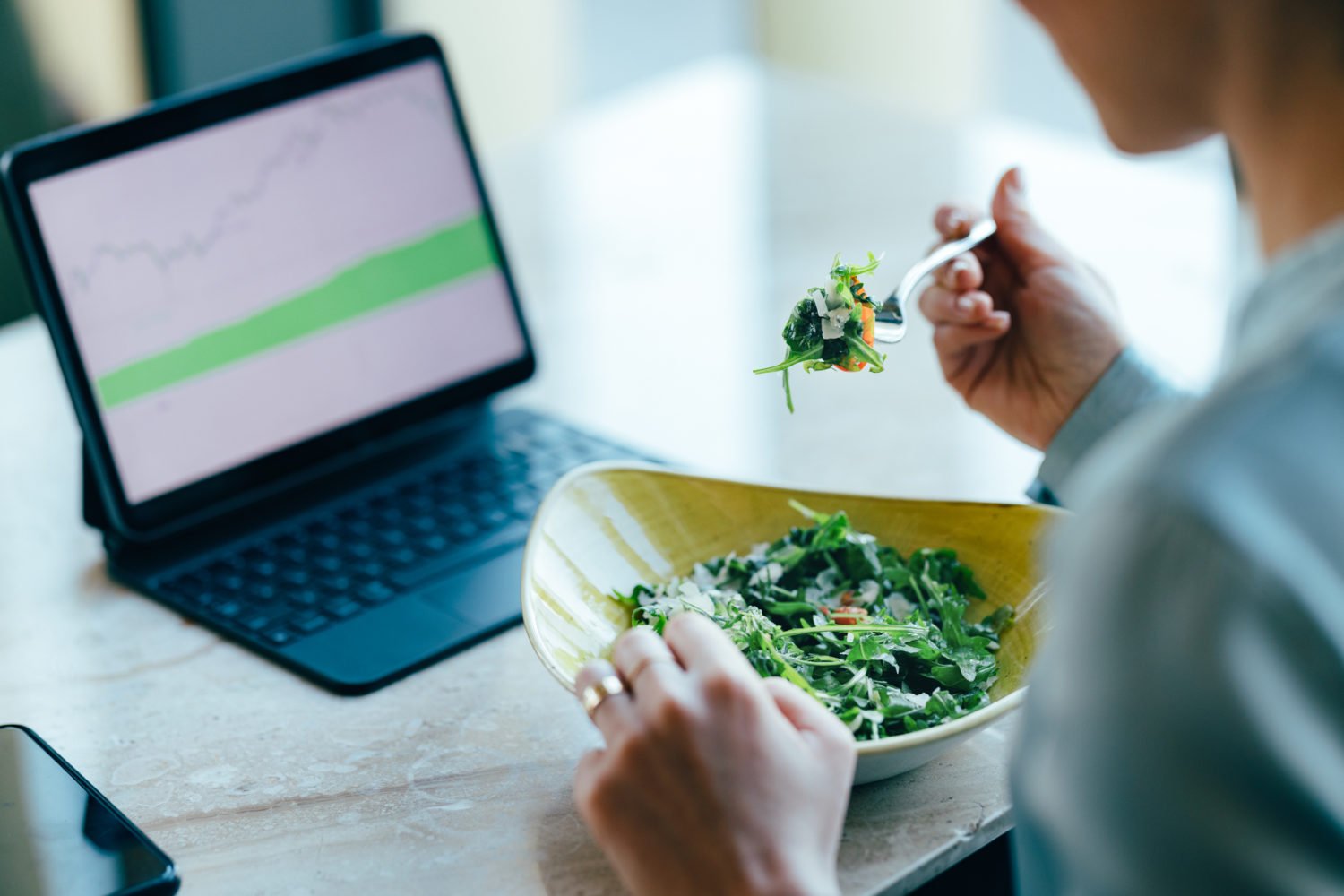For those who like their fruits tart, there’s nothing better than a juicy grapefruit. But new research has medical experts warning grapefruit lovers about “serious adverse effects” that may occur when taking common prescription drugs.
The grapefruit’s contentious relationship with medications has long been noted, but a new review by the same group of researchers who discovered the interactions more than 20 years ago has found that in the past four years the potential of adverse effects increased from 17 to 43 percent. That’s an average rate of increase exceeding six drugs per year, the study’s authors wrote.
They found that there are more than 85 drugs that may interact with grapefruit. Almost half of those may result in serious side effects, including accidental overdose, sudden death, acute kidney failure, respiratory failure, gastrointestinal bleeding, and renal toxicity.
Some of the most common medications noted in the study are cholesterol-lowering statins and blood-pressure medications. The researchers warn that the drugs have three characteristics: 1) they’re administered orally, 2) small amounts of the active drug are absorbed into the bloodstream, and 3) they interact in the gastrointestinal tract with the CYP3A4 enzyme.
It’s worth noting that grapefruit is not the only culprit; other citrus fruits, such as oranges and limes, also contain active ingredients that may interact adversely with certain medications.
So how much grapefruit do you need to ingest before worrying about the side effects? Even a modest amount eaten a few hours before taking the medication can cause an adverse interaction. The researchers point to a commonly used statin, simvastatin, which produced a 330 percent systemic concentration of the drug when paired with a 200-milliliter glass of grapefruit juice.
Researchers also note that people older than 45 should be particularly cautious of eating grapefruit or drinking its juice while taking medications, since they are more likely to have the most prescriptions.
The study was published in the Canadian Medical Association Journal.



















